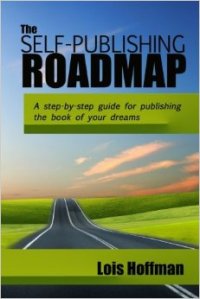 Woooooo! It was a year and a half in the making. Lots of coffee and trips to Panera. Writing and editing and editing and editing…. I am so excited! My first book signing was at Delaware Authors Day in Lewes, DE with more to follow.
Woooooo! It was a year and a half in the making. Lots of coffee and trips to Panera. Writing and editing and editing and editing…. I am so excited! My first book signing was at Delaware Authors Day in Lewes, DE with more to follow.
After I wrote my first book, The Almost Perfect Birthday Party, people asked me about my self-publishing journey. I began to write a few notes, which turned into a few pages until I discovered that I had written a book. It has been a year full of research and discovery. Now, I embark on the second phase of the process with a book launch and promotion.
Here is a brief description of what you will experience with this book:
Whether you are a business professional looking to brand yourself as an expert in your field, a first-time novelist dreaming of seeing your name in print, or someone who wants to hand down a treasured family history, The Self-Publishing Roadmap will guide you through each step of the process. This book is designed for those who are new to the self-publishing world in an easy-to-follow format with numerous resources to help you on your journey. The time has never been better to tell your story.
In the days and weeks to follow, I’ll post more writing, publishing, and book marketing tips to help you along your way, too. Feel free to ask questions and join the discussion. I would love feedback on the book. Please leave your reviews on Amazon.
Where are you on your writing and publishing journey?
